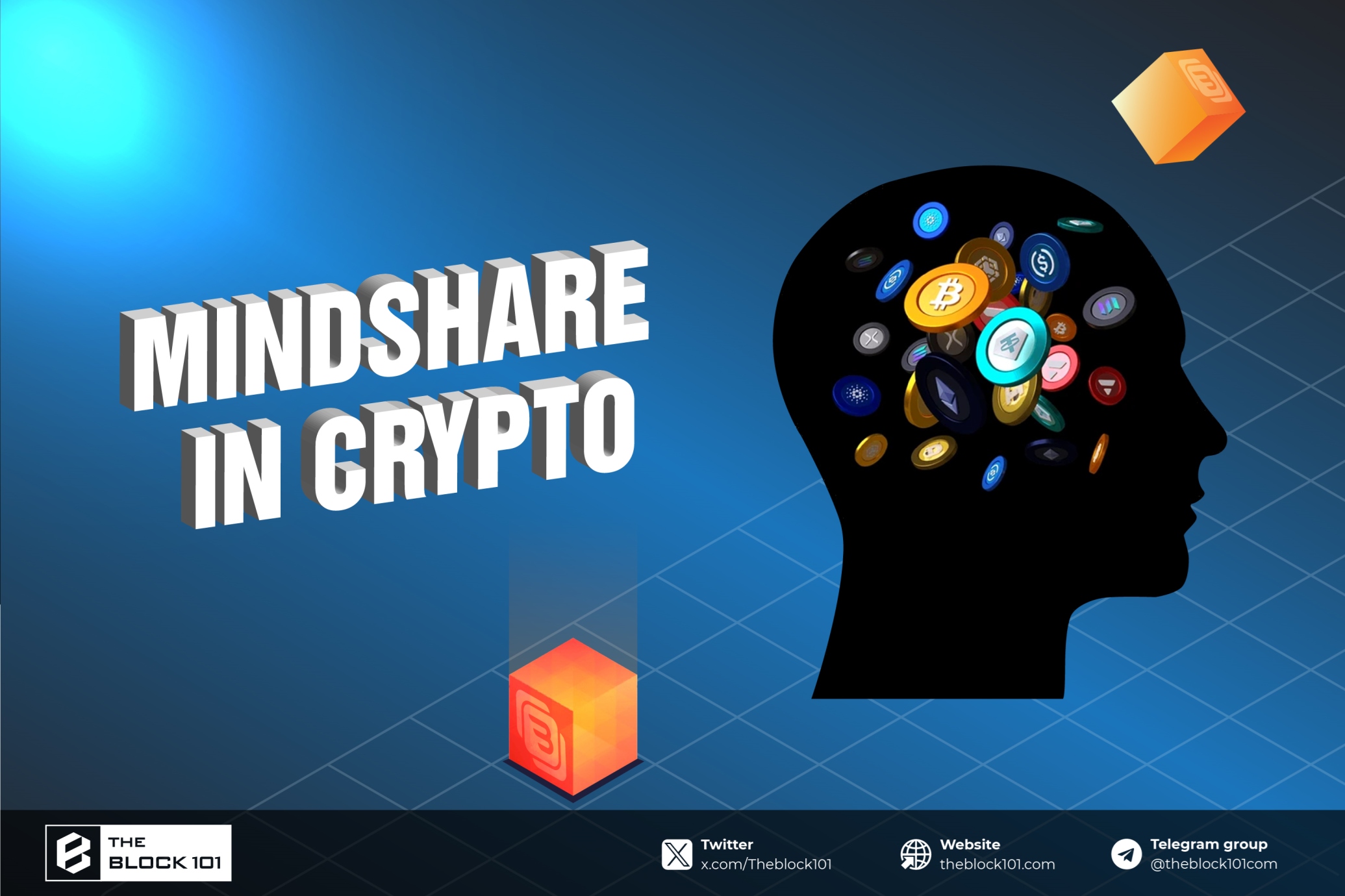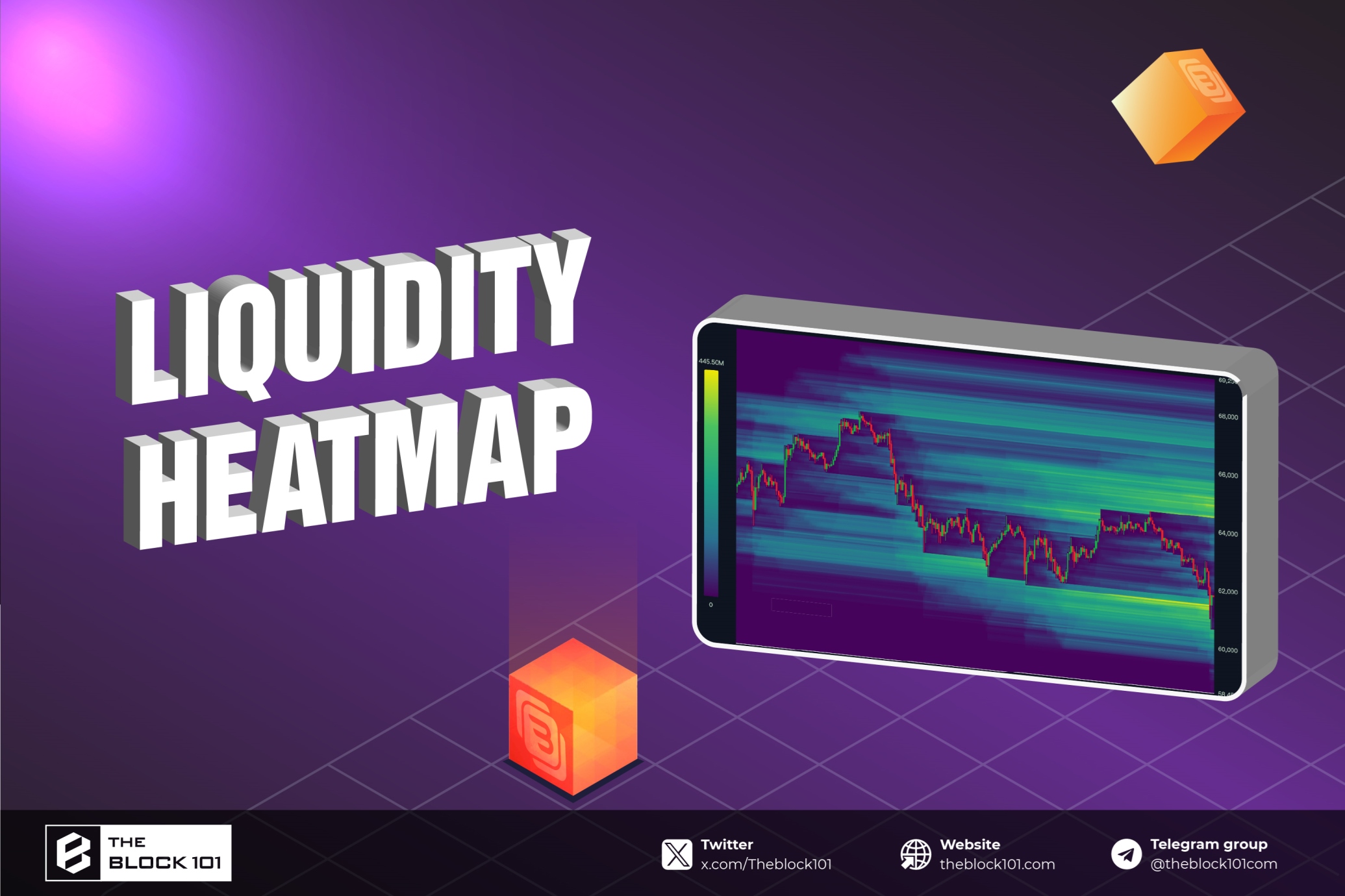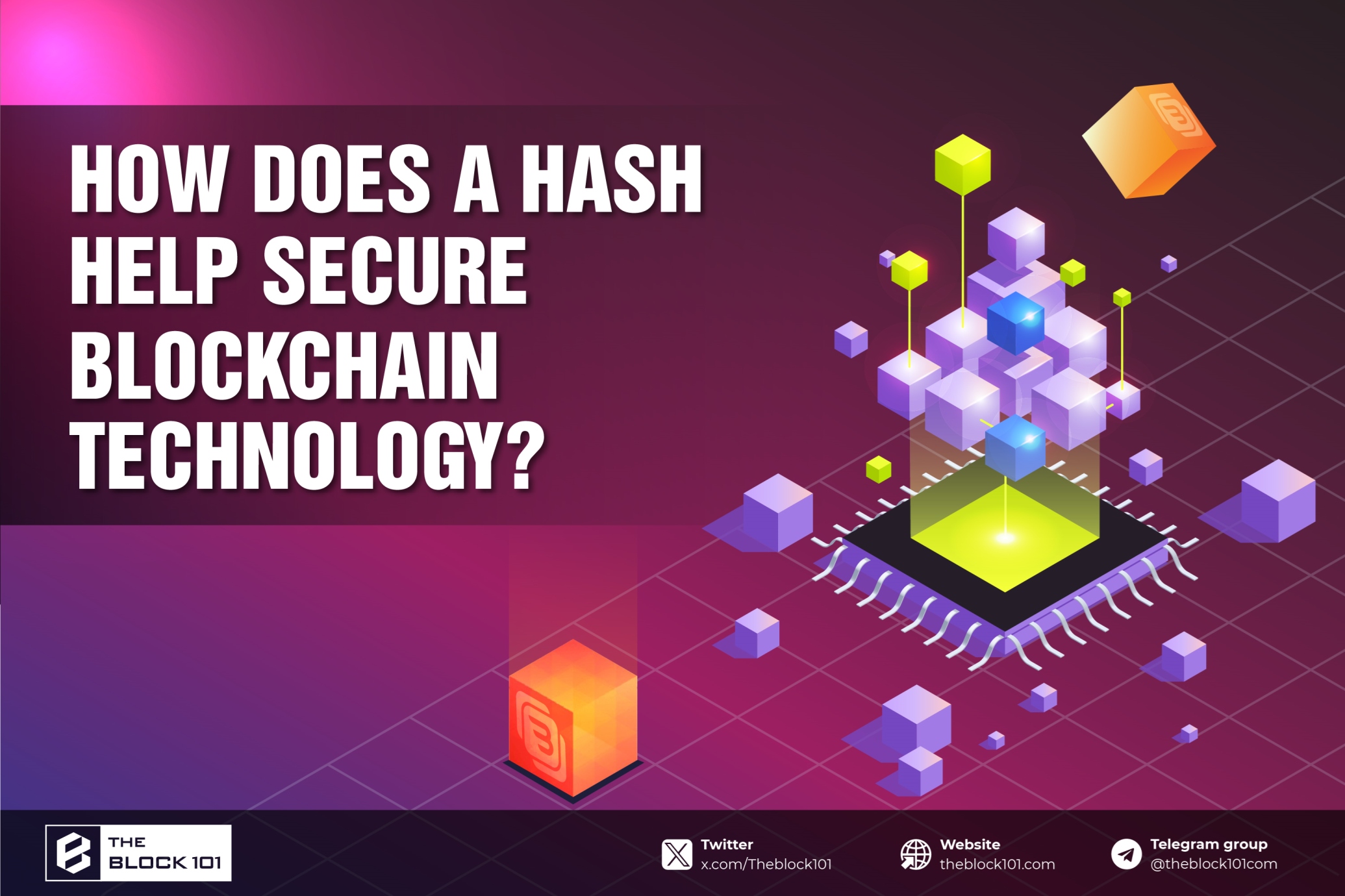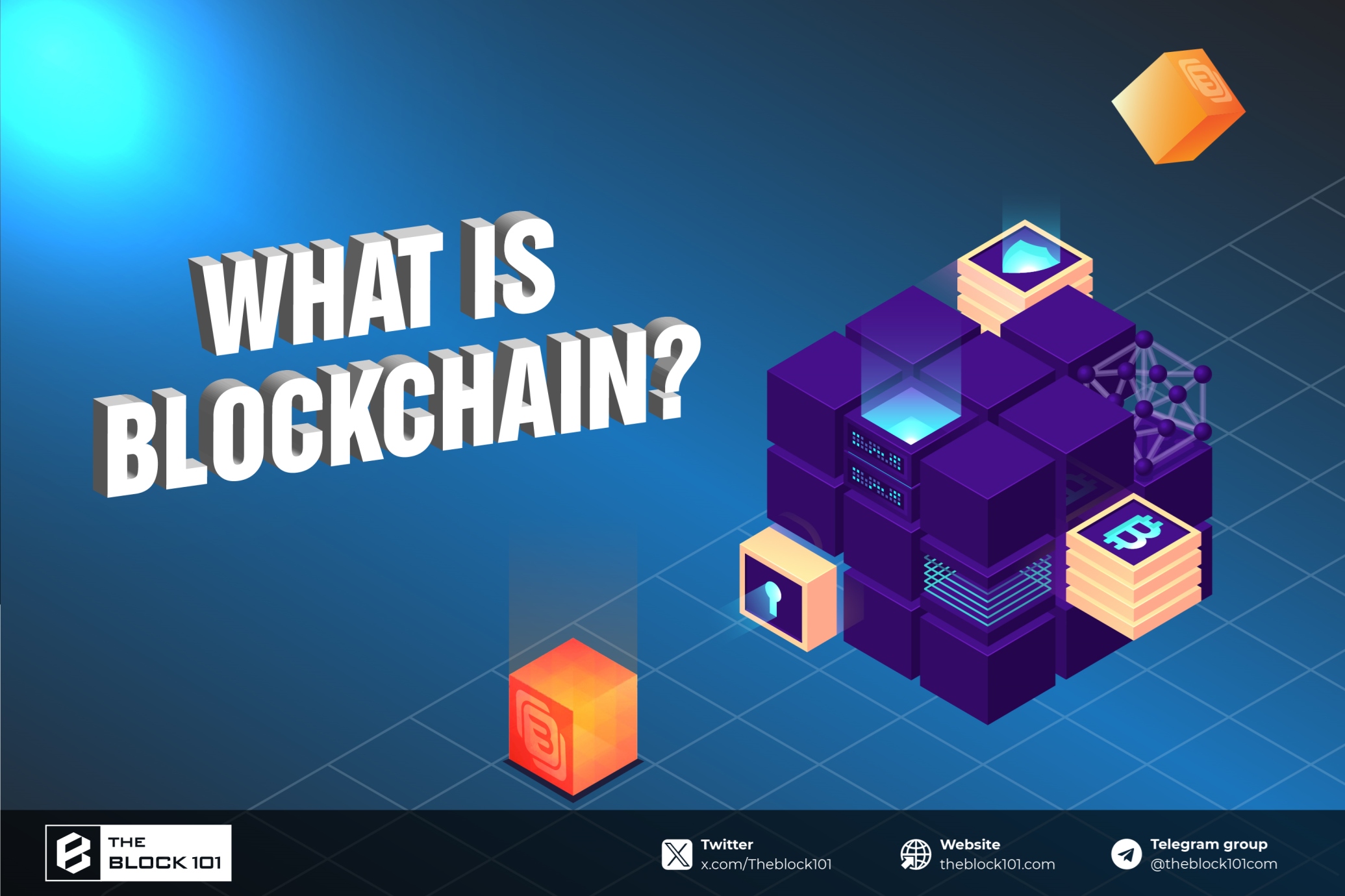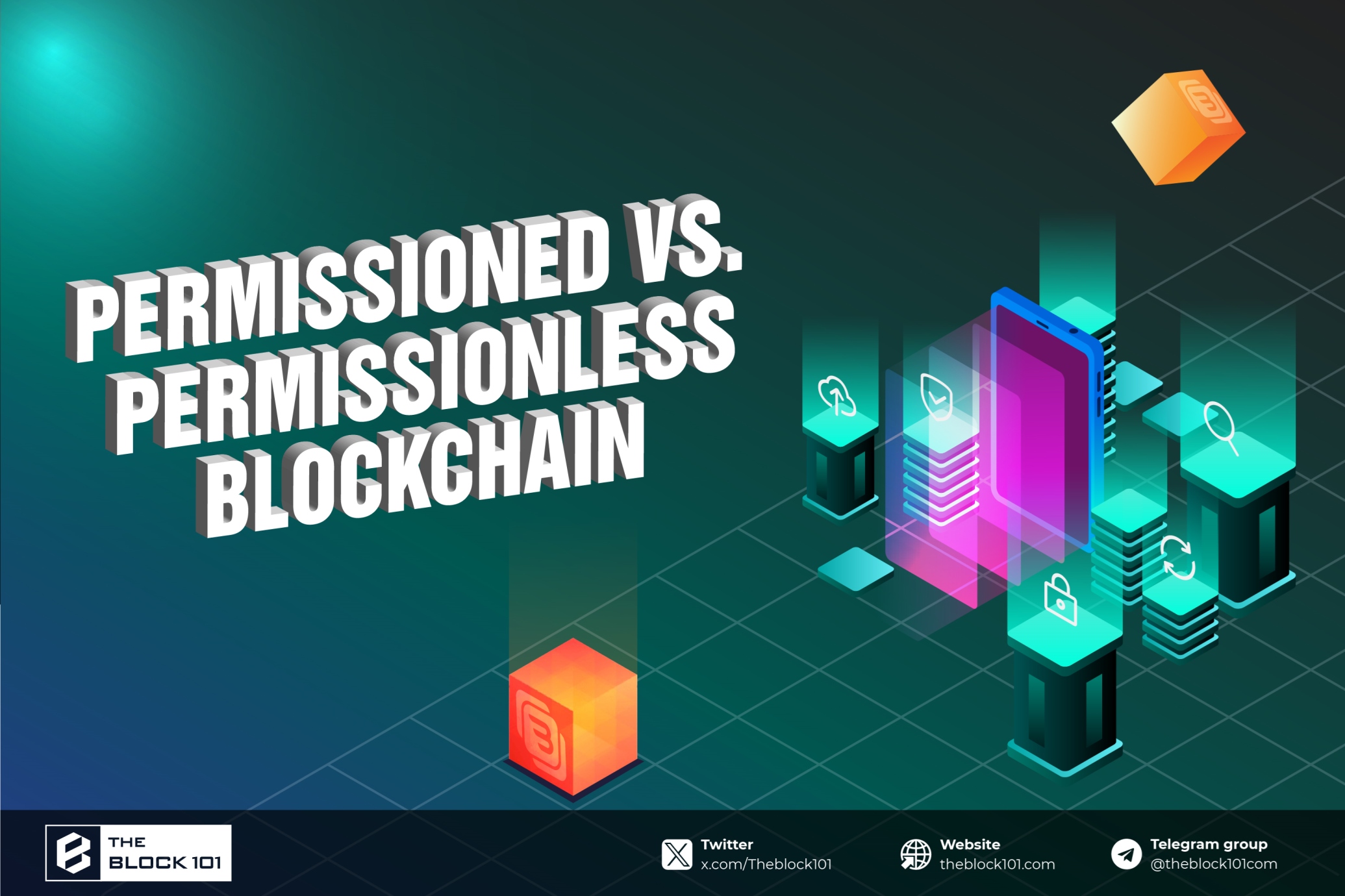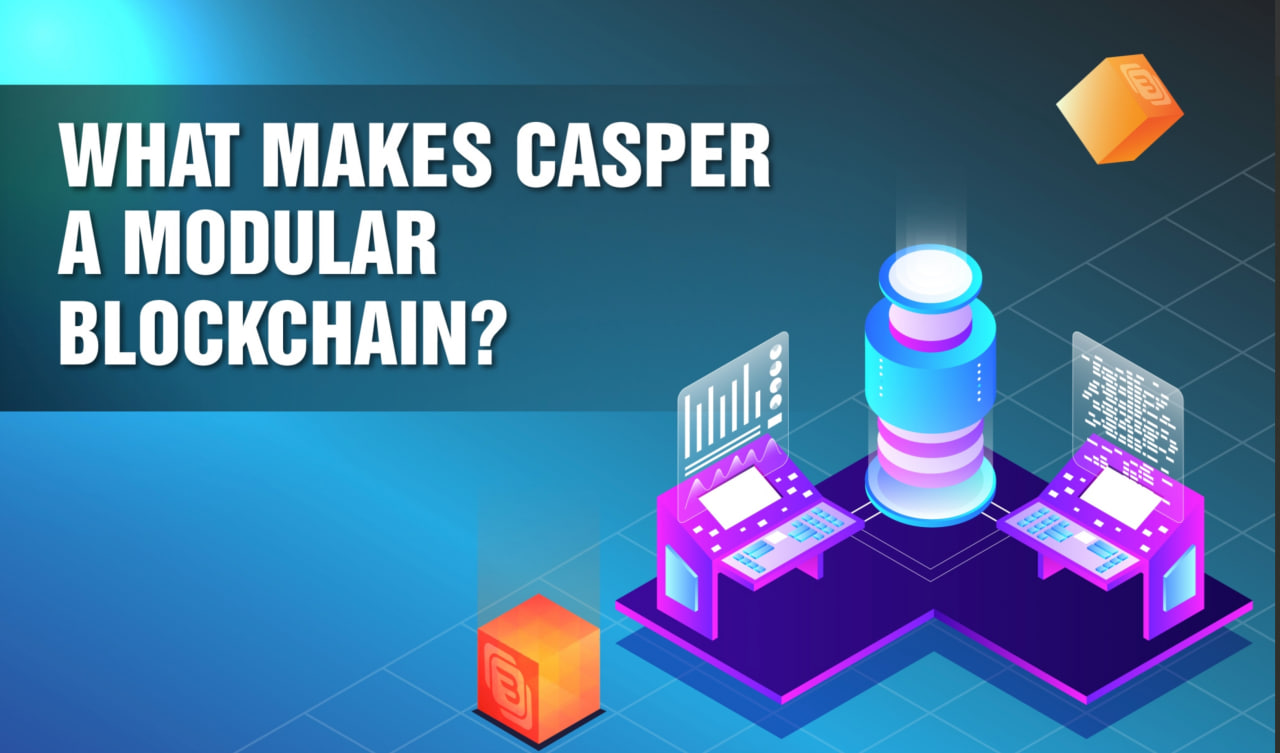1. Binance Exchange
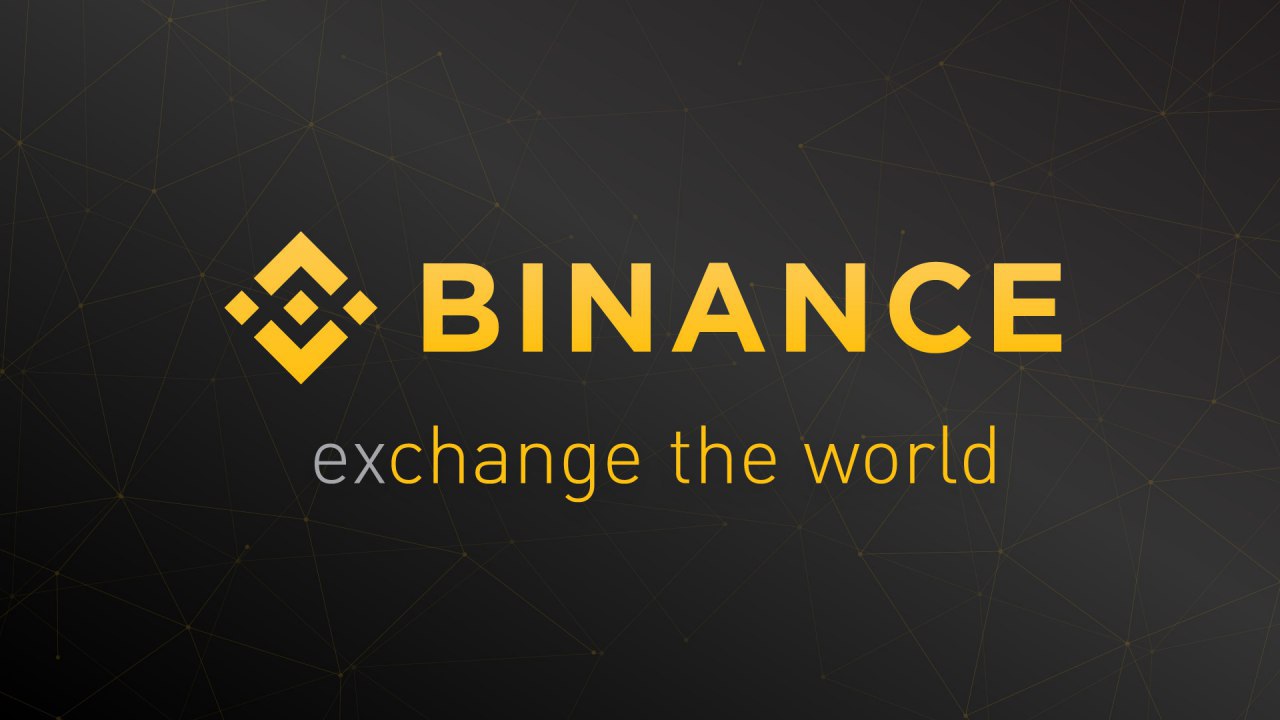
Launched: 2017
Headquarters: Global (with regional offices)
Why it’s great for beginners: Binance is one of the largest and most well-established cryptocurrency exchanges worldwide, offering an excellent mix of features for novice traders. For beginners, Binance provides a simplified trading interface through its Binance Lite version, making it easy to buy, sell, and hold cryptocurrencies.
Pros:
-
Low Trading Fees: Binance is renowned for its low trading fees, usually around 0.1% per transaction, with further discounts for using BNB to pay fees.
-
Wide Range of Trading Pairs: Supports hundreds of cryptocurrencies and trading pairs, providing diversity for investors.
-
High Liquidity: As one of the largest exchanges globally, Binance ensures fast and efficient trade execution.
-
Comprehensive Features: Offers services like staking, lending, futures, margin trading, and more.
Cons:
-
Complex Interface for Beginners: While Binance Lite is available, the overall interface can be overwhelming for new users.
-
Regulatory Issues: Has faced legal challenges in several countries, which may impact its operations.
Overall, Binance is an excellent platform for beginners, especially those who want to grow with the exchange as they gain more experience.
2. Coinbase
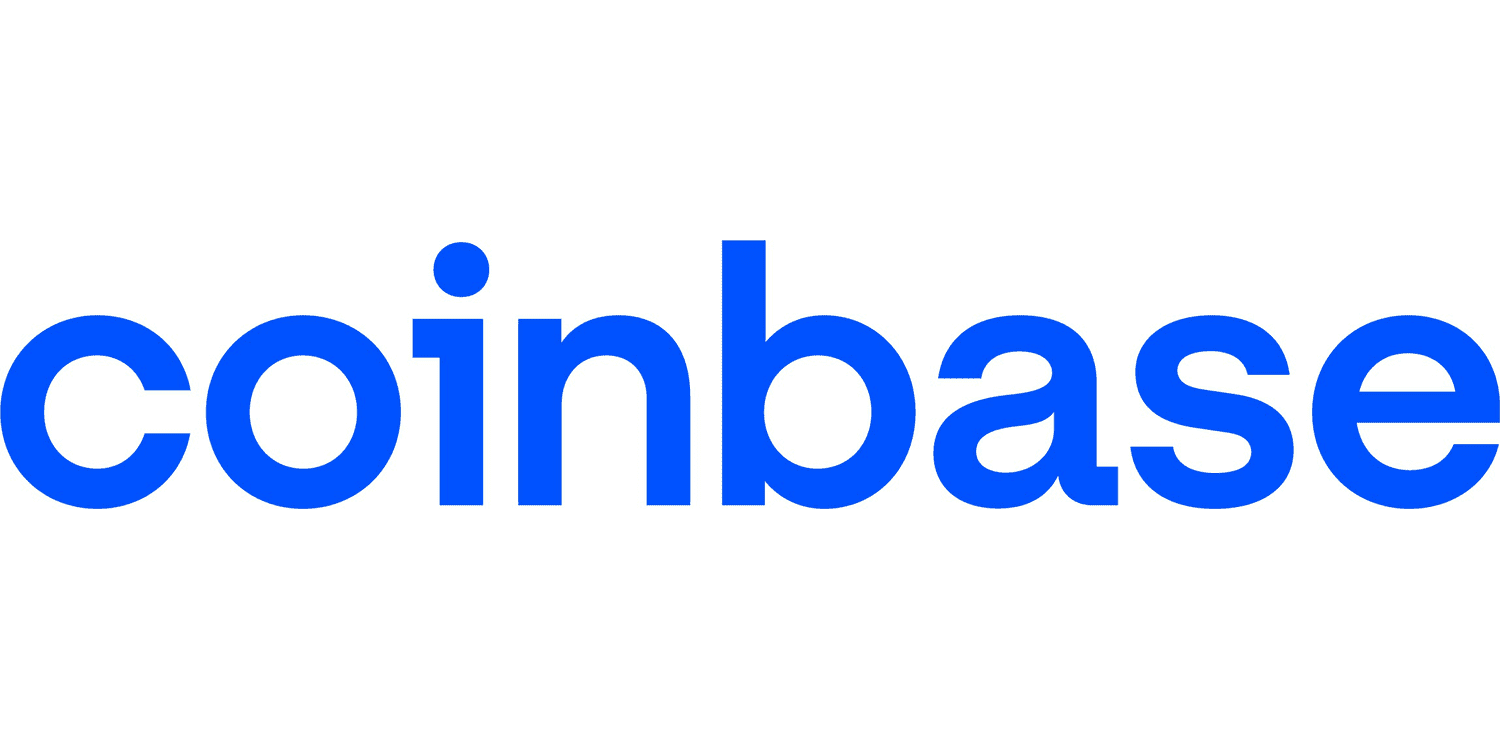
Launched: 2012
Headquarters: San Francisco, USA
Why it’s great for beginners: Coinbase is one of the most trusted and user-friendly crypto exchanges, widely considered the go-to platform for first-time crypto buyers. With its clean interface and easy-to-navigate features, it’s perfect for beginners looking to purchase their first Bitcoin or altcoins.
Pros:
-
User-Friendly Interface: Designed for beginners with a clean, easy-to-navigate platform.
-
High Security: Implements advanced security measures like two-factor authentication (2FA), cold storage, and insurance for digital assets.
-
Educational Resources: Provides tutorials and even rewards users with cryptocurrencies for completing learning modules.
-
Mobile App: A highly-rated app allowing users to trade and manage assets on the go.
Cons:
-
High Trading Fees: Coinbase’s fees are higher than many other exchanges, particularly for small transactions.
-
Limited Customer Support: Although support is available via email and phone, response times can be slow.
-
Fewer Cryptocurrencies: While supporting major assets, the number of available cryptocurrencies is lower compared to some competitors.
Coinbase is perfect for newcomers who want a straightforward, secure platform with robust educational support to get started in the crypto world.
3. Bitget

Launched: 2018
Headquarters: Global (primarily operates in Asia)
Why it’s great for beginners: Bitget is a rising star in the cryptocurrency world, particularly known for its copy trading feature, which allows new traders to mimic the trades of experienced traders. This feature is perfect for beginners who want to learn by following successful strategies.
Pros:
-
Copy Trading: Enables beginners to replicate trades made by professional traders, an excellent learning tool.
-
Demo Trading Account: Offers a risk-free environment to practice trading with virtual funds.
-
User-Friendly Interface: Designed to be intuitive and accessible for traders of all levels.
-
Competitive Fees: Lower fees, especially for futures trading.
Cons:
-
Limited Customer Support: While multilingual support is available, response times can be inconsistent.
-
Opaque Fee Structure: Some users find Bitget’s fee structure unclear.
-
No NFT Trading: Bitget does not yet support NFT transactions.
Bitget is a great choice for beginners who want to ease into crypto trading with the added benefit of copy trading and a demo account.
4. Gemini
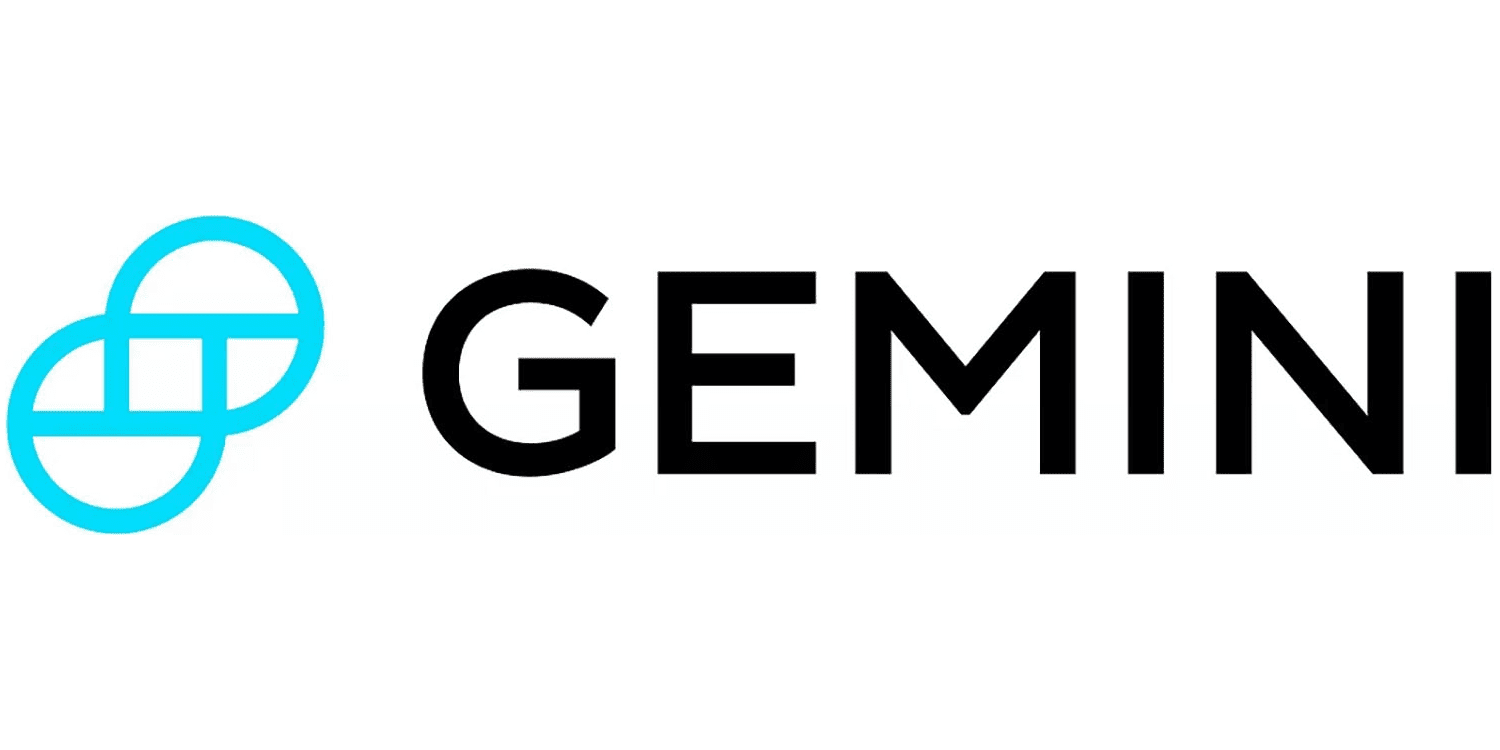
Launched: 2014
Headquarters: New York, USA
Why it’s great for beginners: Gemini is a highly trusted cryptocurrency exchange based in the U.S. It offers a simple, intuitive interface with features that cater to both beginners and experienced traders. It’s particularly noted for its commitment to security and compliance.
Pros:
-
Regulatory Compliance: As a regulated U.S. exchange, it provides added security and peace of mind.
-
High Security: SOC 1 and SOC 2 certifications, cold storage, and full reserves for assets.
-
No Minimum Deposits: Accessible for beginners with no minimum deposit requirements.
-
Educational Tools: Offers a variety of learning resources and features like Gemini Earn to generate interest on holdings.
Cons:
-
High Trading Fees: Gemini’s fees are often higher than other platforms, particularly for smaller trades.
-
Fewer Cryptocurrencies: Supports fewer coins compared to some larger exchanges.
-
Limited Mobile Features: The mobile app may lack some functionalities available on the web version.
Gemini is ideal for U.S.-based beginners who prioritize regulatory compliance and a secure platform, with a variety of tools for both new and experienced traders.
5. OKX
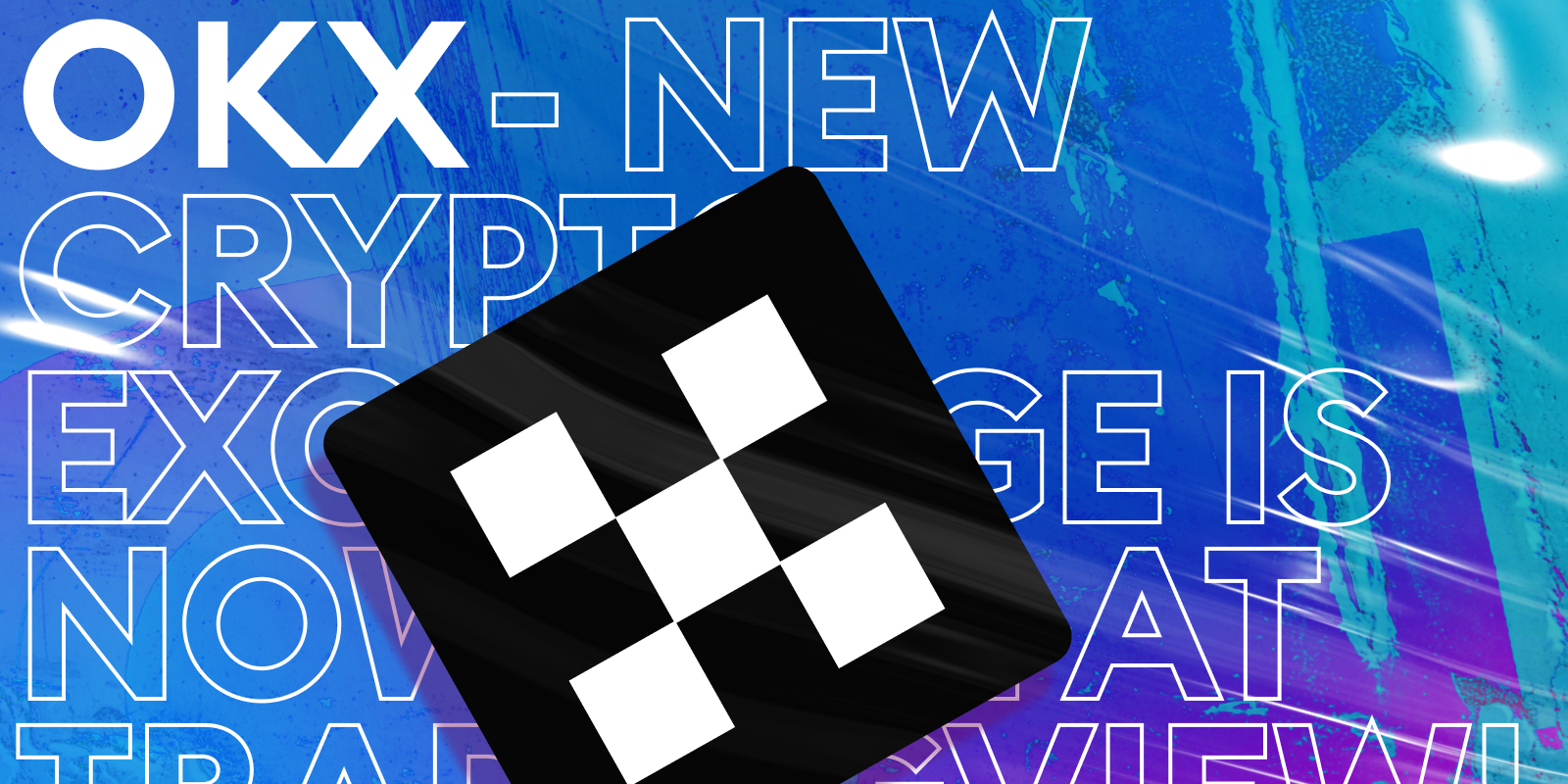
OKX, formerly known as OKEx, is a leading CEX platform offering services for spot trading, derivatives, and margin trading.
As a subsidiary of OKcoin Group, a prominent player in the cryptocurrency industry, OKX is a well-known exchange in the market. Notably, OKX is the official international partner of the prestigious Manchester City Football Club and the title sponsor for the world-renowned McLaren racing team.
Advantages:
-
Ranked among the top 3 exchanges on CoinGecko, following Binance and Bybit.
-
Offers fee-free P2P trading.
-
Supports copy trading and bot trading features for users.
Disadvantages:
-
The platform can be complex for beginners due to the variety of trading options.
-
Multi-tiered fee structure may add complexity.
-
User accounts on OKX have experienced hacking incidents in the past.
6. HTX (Huobi)
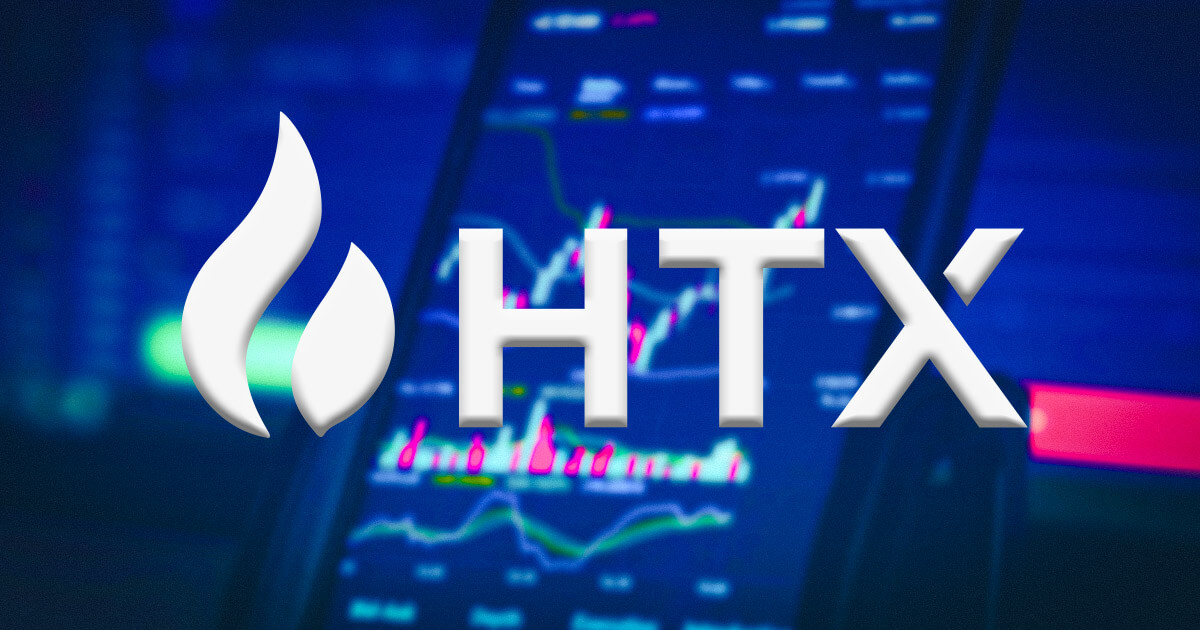
HTX is one of the leading exchanges in terms of trading volume and daily transactions, with billions of USD traded daily. It ranks among the top 5 cryptocurrency exchanges according to CoinMarketCap statistics.
Founded in 2013 in China, Huobi relocated its headquarters to Seychelles after China imposed a ban on cryptocurrency trading.
Advantages:
-
Fast KYC process: The platform offers a quick user verification process (KYC), beneficial for beginners. Users can trade with limited restrictions without KYC, such as depositing up to $1,000 without verification. However, withdrawal limits are capped at 0.006 BTC per 24 hours, enhancing security.
-
High security: HTX stores customer funds in multi-signature cold wallets and maintains a Security Reserve Fund of 20,000 BTC to cover losses in the event of security breaches. Remarkably, HTX has never needed to use this fund as it remains one of the few exchanges to avoid successful hacking attempts, alongside SwissBorg and Kraken.
-
Supports diverse fiat withdrawals and P2P trading.
Disadvantages:
-
Transaction fees: While competitive, HTX’s fees are slightly higher compared to Binance for some trading categories. Overall, the fees are average but not the lowest in the market.
-
Customer support quality: Support services can be slow in response times.
-
Limited functionality on mobile apps compared to the website.
-
Frequent maintenance of VNĐ deposit and withdrawal services necessitates using the P2P market for transactions.
-
Higher fees for non-HT token holders.
7. KuCoin

KuCoin is a cryptocurrency exchange headquartered in Singapore, offering a wide range of services including buying, selling, trading, lending, staking, and earning. It also provides a trading bot feature, enabling users to generate passive income without constant market monitoring.
Advantages:
-
No deposit fees for crypto: While KuCoin doesn’t charge fees for crypto deposits, standard banking fees (e.g., Visa, Mastercard) apply when depositing fiat currency.
-
Low trading fees: The standard trading fee is 0.1%, with discounts available for users holding a specific amount of KCS tokens in their wallets.
-
Efficient customer support: Customer issues and platform-related difficulties are addressed promptly.
Disadvantages:
-
Limited network support: KuCoin supports fewer networks for token deposits/withdrawals compared to Binance.
-
Security concerns: KuCoin experienced a significant hack in 2020, with approximately $275 million stolen. The platform managed to recover $240 million, demonstrating strong recovery efforts. The hack was attributed to the Lazarus Group, a North Korean cybercrime group.
-
P2P transactions: While P2P trades are usually quick with reputable partners, fiat deposits via Visa, Mastercard, or PayPal incur higher fees and longer waiting times.
-
Listing of obscure coins from small projects may cause uncertainty for investors.
Conclusion
For beginners, selecting the right platform largely depends on your preferences for features, security, and ease of use. Regardless of which platform you choose, it’s essential to start small, educate yourself, and always practice sound risk management techniques to ensure a safe and rewarding experience in the crypto market.
Read more:

 English
English Tiếng Việt
Tiếng Việt.png)
